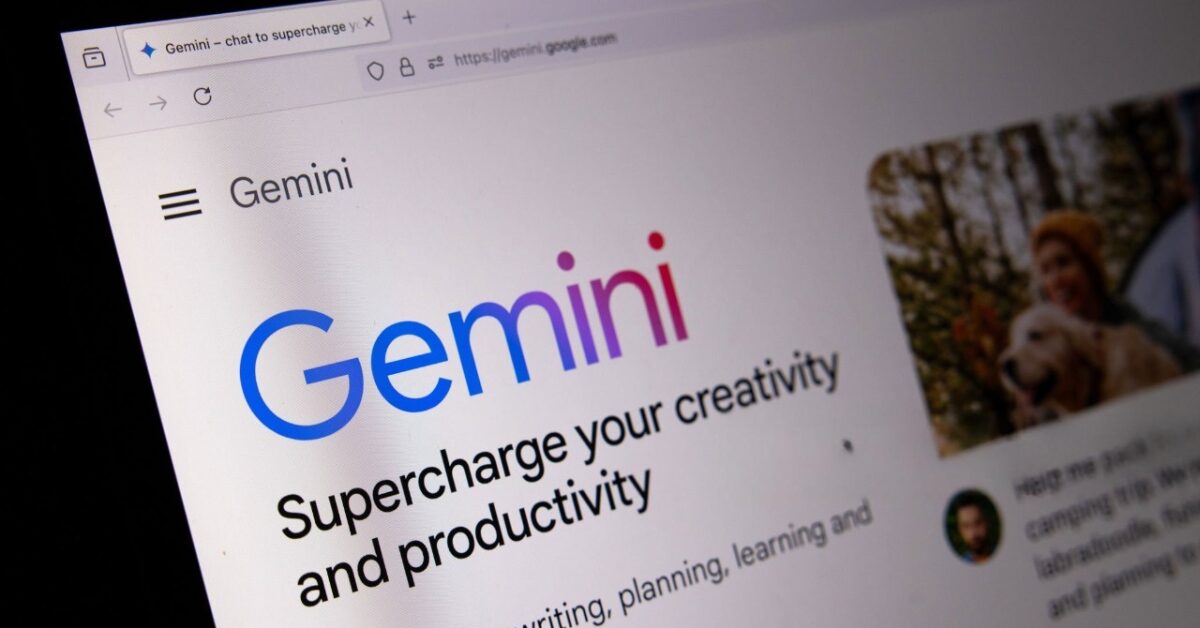The pace of innovation in AI assistants is accelerating rapidly. Among the most significant leaps is the arrival of Google Gemini, a multimodal model designed to do more than simply chat. Appointed to the front-line of the future of AI, Gemini aims to transform how we work, learn and create with intelligent help. This article examines what Google Gemini is, how it is redefining AI assistants, and why its influence matters for the broader field of AI.
What is Google Gemini?
Google Gemini is an advanced AI model created by Google DeepMind, designed to understand many types of information words, pictures, sound, video, and even computer code. That’s why it is called a multimodal model. Unlike older assistants such as Google Assistant or Bard, Gemini can work across different formats at once. For example, it can look at a chart, understand what it shows, and help you write a summary about it.
There are several versions of Gemini Ultra, Pro, Flash, and Nano, each made for different devices and purposes. Gemini marks Google’s biggest move yet towards smarter and more useful AI systems.
How Google Gemini is redefining AI assistants
Multimodal understanding
Most AI assistants can only process text. Gemini can handle much more. It can read documents, look at images, listen to speech, and analyse data together.
For example, you could upload an image of a design and ask Gemini to suggest improvements, or record a meeting and have it produce clear notes. This ability to mix different forms of information makes it much closer to how people think and work.
Integration into everyday tools
Google is building Gemini directly into products that many people already use: Docs, Sheets, Gmail, Android, and Search. This means users will not need to switch between apps to get AI support. Gemini can draft emails, explain data in spreadsheets, or suggest edits to a document, all within the same environment.
By becoming part of daily tools, AI assistants are moving from “optional add-ons” to “essential helpers”.
From reactive to proactive
Earlier chatbots mostly reacted to questions. Gemini goes further. It can plan, reason, and complete complex tasks step by step. For instance, it can help build a project plan, analyse challenges, and propose solutions, not just give quick answers. This turns Gemini into a real partner for work, study, and creativity.
Read more: 5 practical ways to use Gemini AI for study, work and content creation
Why Gemini matters for the future of AI assistants
A new stage in intelligent assistance
The future of AI will depend less on how big models are and more on how smart and useful they can become. Gemini shows this shift clearly.
It understands information in several formats, reasons through problems, and connects directly to tools people use. This combination makes it one of the most capable AI assistants yet and a preview of what the next decade of AI could look like.
Productivity and creativity
Gemini helps users save time and think more creatively. It can generate ideas, write content, organise schedules, or explain complex topics in simple language.
It also supports accessibility by converting speech to text or describing images. In developing countries like Nigeria, this could help students, small businesses, and professionals use AI to boost productivity even with limited resources.
Safety and responsibility
Google Gemini also brings important lessons about responsible AI. Google says it follows strict safety standards to reduce bias, misinformation, and privacy risks.
As AI becomes more powerful, these safeguards are essential. The future of AI depends not only on progress but also on protecting people and ensuring technology benefits everyone.
Related article: Best AI apps to download on your smartphone in 2025
Challenges and ethical issues
Even with its progress, Gemini still faces challenges:
- Bias and fairness: AI models can reflect the biases found in their training data.
- Privacy: Deep integration with personal tools raises questions about data protection.
- Dependence on AI: Relying too much on assistants may weaken human judgment.
- Energy use: Training and running large models require massive computing power.
Google DeepMind has said it is addressing these issues through responsible AI design, clear user controls, and transparency reports. The balance between innovation and ethics will decide how far AI assistants like Gemini can safely go.
Google Gemini is not just another chatbot; it is a sign of what’s next in AI. Its ability to think across different formats, integrate with tools, and reason through complex tasks makes it a major step toward the future of AI assistants.
As more people use Gemini, we will see AI becoming a real partner in our daily lives, helping us write, plan, create, and learn. The challenge for the future is to make sure that these powerful assistants remain fair, reliable, and accessible to all.
Get passive updates on African tech & startups
View and choose the stories to interact with on our WhatsApp Channel
ExploreLast updated: October 27, 2025





